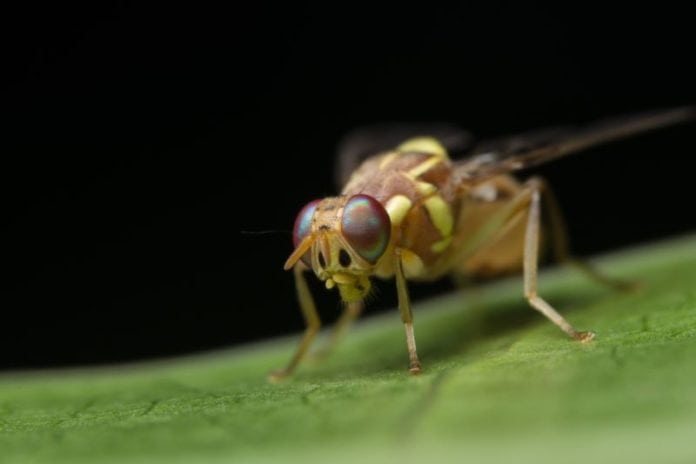Gut Microbiome Could Hold Key to Longevity
The gut microbiota is a complex ecosystem of bacteria, germs and parasites living in the gastrointestinal tract (GIT), which elicits many health advantages on the host containing digestion of differently indigestible fibers, synthesis of minerals and vitamins, gastrointestinal motility, anti inflammatory, antioxidant and energy regulating properties.
Different versions in the composition of the gut microbiota from the elderly are identified and may give rise to frailty, illness growth and aging itself. Aging is a multifactorial process that remains fully understood though encompasses many physiological changes because of greater exposure to environmental pressures.
Formerly, lifespan extension was thought to be combined with chronic disease nonetheless, it has just been found that cows with mutations that extend lifespan also postpone age-related ailments indicating the mechanisms of aging and chronic disease development are intertwined and therapies that encourage longevity could be employed to prevent chronic ailments and vice versa.
Building on this, McGill University scientists fed fruit flies using a blend of probiotics as well as an herbal supplement named Triphala which managed to prolong the flies’ longevity by 60 percent and safeguard them from chronic diseases related to aging.
The analysis adds to a growing
body of evidence regarding this effect that gut bacteria may have on health. The researchers included a symbiotic — created of probiotics using a polyphenol-rich supplement into the diet of fruit flies.The flies fed together with all the synbiotic lived around 66 days — 26 times over those with no supplement. They also revealed decreased traits of aging, like raising insulin resistance, inflammation and oxidative stress.
“Probiotics dramatically change the architecture of the gut microbiota, not only in its composition but also in respect to how the foods that we eat are metabolized,” says Satya Prakash, professor of biomedical engineering in McGill’s Faculty of Medicine and senior author of the study. “This allows a single probiotic formulation to simultaneously act on several biochemical signaling pathways to elicit broad beneficial physiological effects, and explains why the single formulation we present in this paper has such a dramatic effect on so many different markers”.
The fruit fly’s remarkably similarity to mammals- approximately 70 %- in terms of their biochemical pathways, makes it a good indicator of what would happen in humans. “The effects in humans would likely not be as dramatic, but our results definitely suggest that a diet specifically incorporating Triphala along with these probiotics will promote a long and healthy life.”
The authors also state that the findings could be explained by the “gut-brain axis,” that a bidirectional communication system involving bacteria living in the gastrointestinal tract — the microbiota — along with the mind.
In the last couple of decades, various studies have proven the gut-brain axis to participate in neuropathological alterations and an assortment of conditions like irritable bowel syndrome, neurodegeneration and even melancholy. Few studies, however, have designed gut microbiota-modulating therapeutics using effects as broad as the formula introduced in the new analysis.
“At the onset of this study, we were hopeful that combining Triphala with probiotics would be at least a little better than their individual components in terms of physiological benefit, but we did not imagine how successful this formulation would be,” says Westfall, who is now a postdoctoral fellow at the Icahn School of Medicine at Mount Sinai in New York, USA.






























